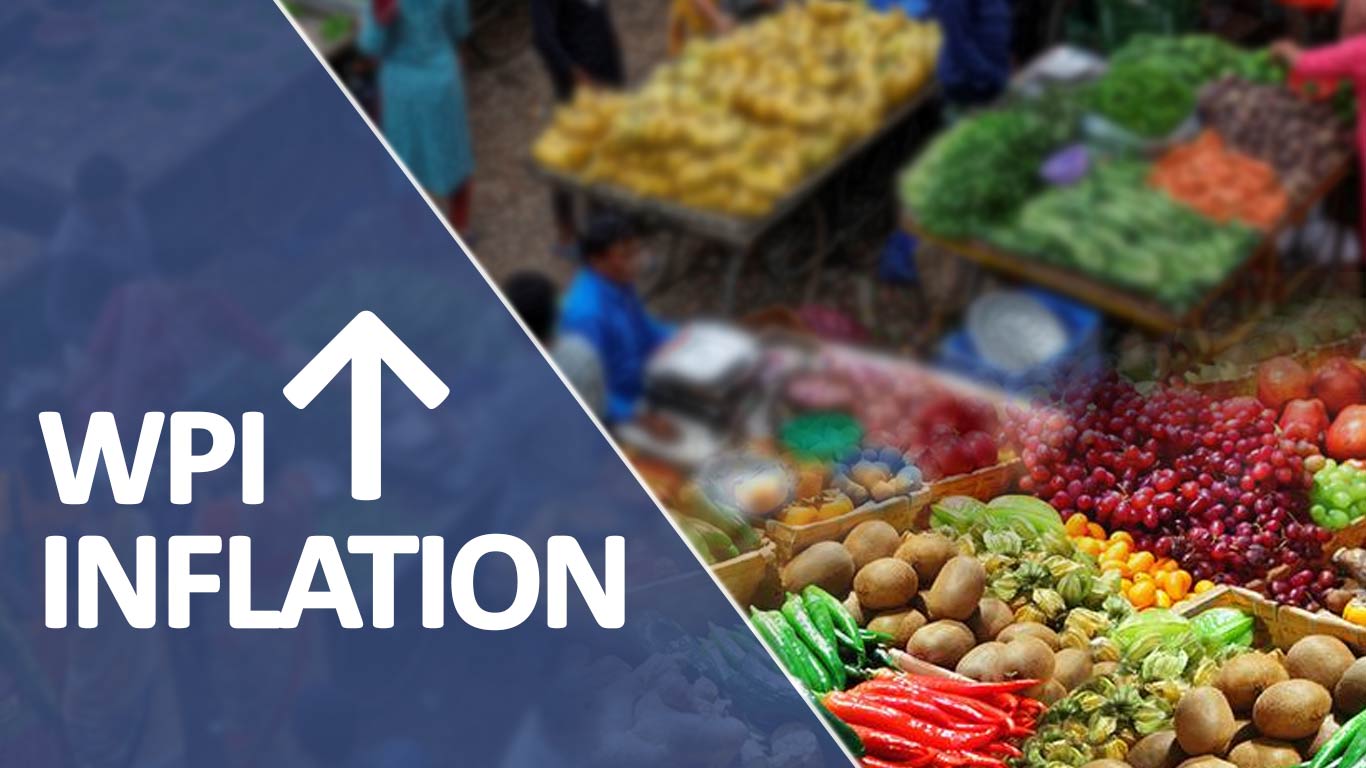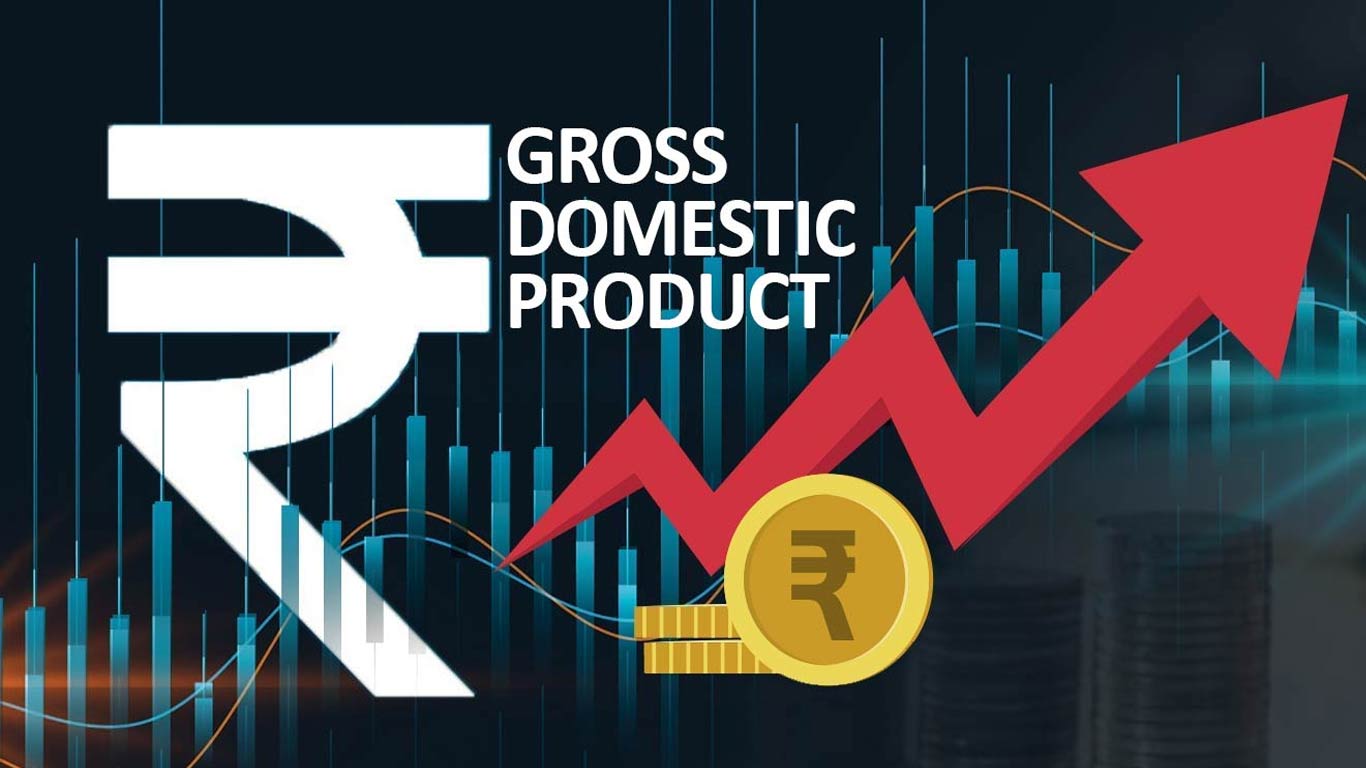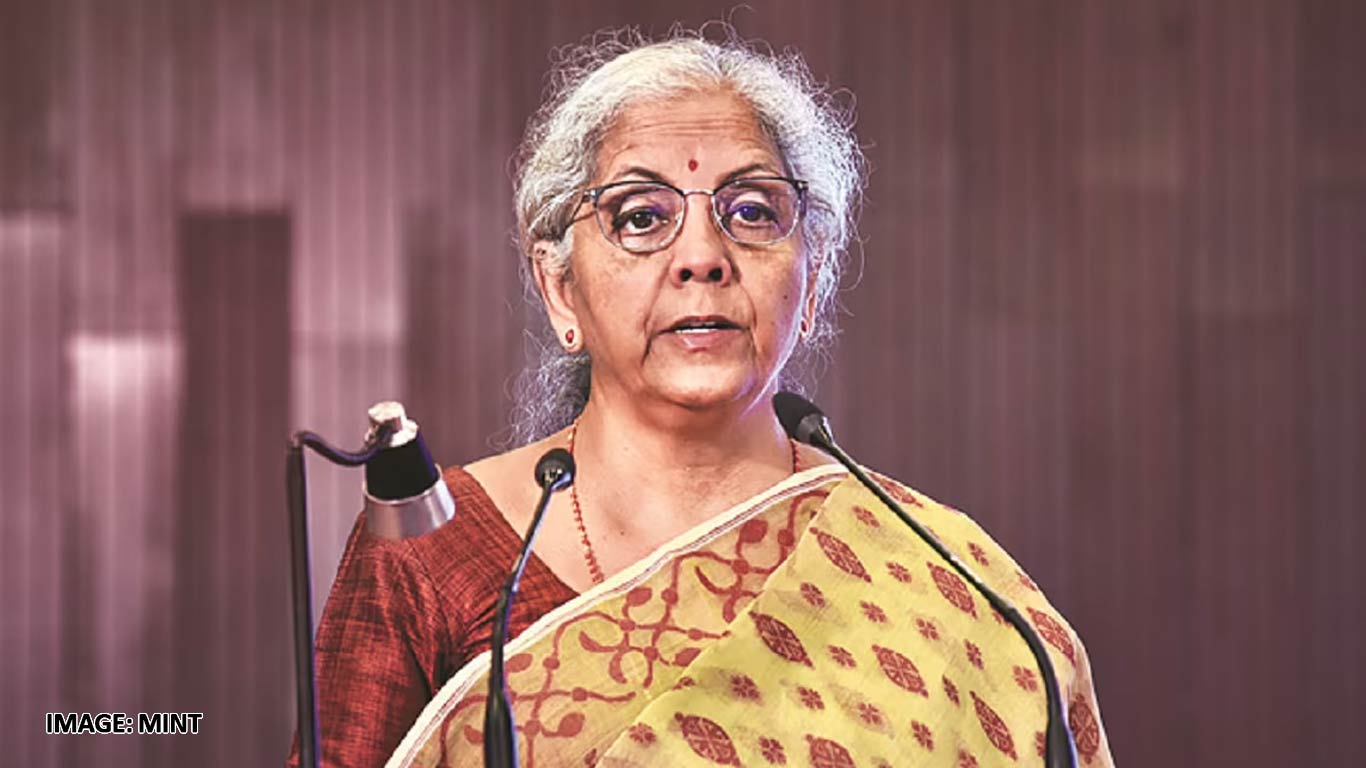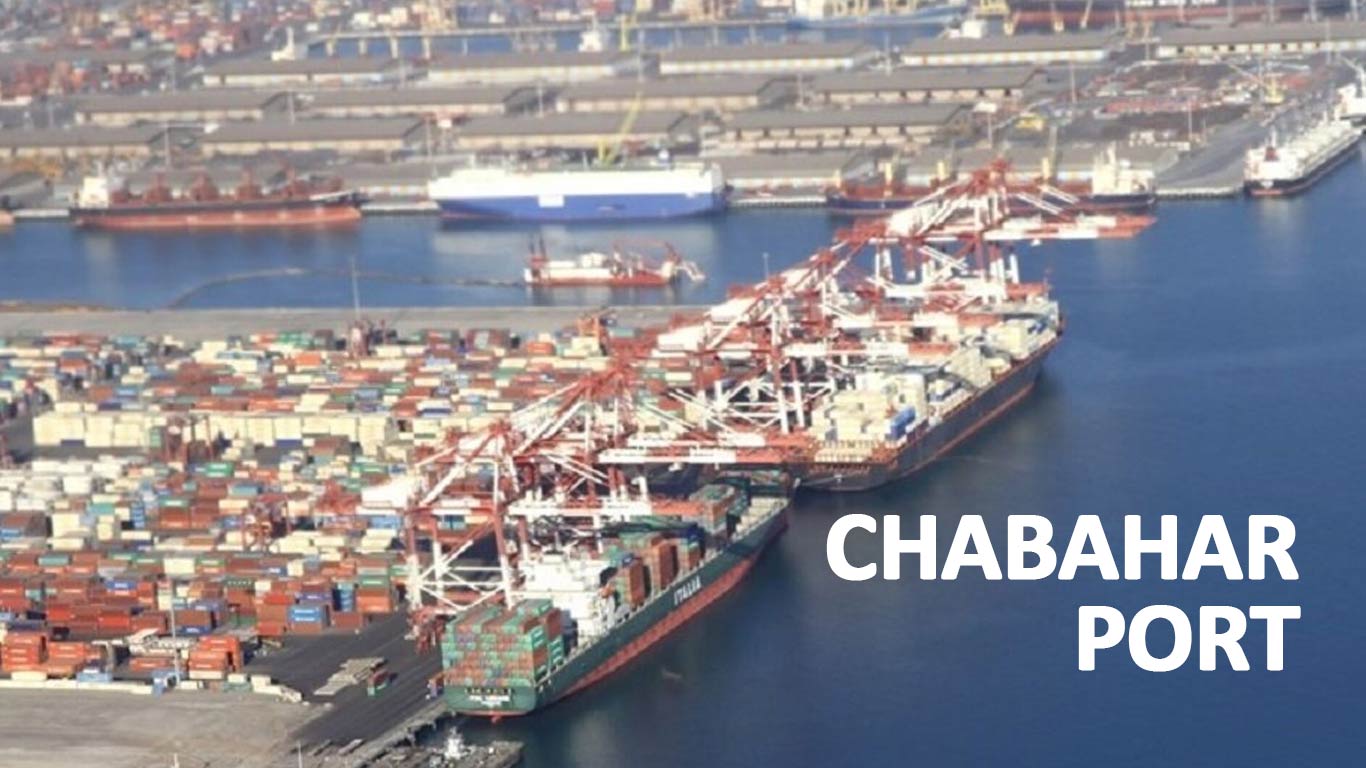High freight costs cripple exporters
Updated: Aug 05, 2013 05:22:11pm

“There is an urgent need for infrastructure development, especially, road and ports in the country. Nhava Sheva officially known as Jawaharlal Nehru Port Trust (JNPT) is one of the main ports in India but is beset with many problems including labour resulting in shut-out of cargo, vessels by-passing, etc,” said the mid-year review by EEPC India submitted to the Commerce Ministry.
Further, roads towards port and terminals are congested with trucks lined up in long queues. As a result, special equipment carrying over dimensional cargo gets badly affected.
Certain segments like medical devices and scientific and technical instruments have enormous export potential. But, these segments face the problem of inverted duty structure, restriction on exports due to drugs control order for exports of orthopaedic implants, etc.
When the import duty on raw material is higher than the finished product, it leads to an inverted duty structure leaving little incentives for domestic manufacturing.
Meanwhile, one of the major problems that micro, small and medium enterprises (MSME) sector faces in utilizing some of the provisions of technology upgradation benefits in the Foreign Trade Policy (FTP) is the investment in plant and machinery limit of Rs 10 crore.
This limit was set in 2006 when the MSME Act was legislated upon. It is suggested that the limit be revised upwards for all the three levels—micro, small and medium scale appropriately keeping the rate of inflation in mind.
The EEPC India has suggested some measures such as for specific segments of industry, inverted duty structure be removed. Urgent action should be taken for the development of fourth terminal in Nhava Sheva and also development of other ports in the country.
It suggested that the Shipping Trade Practices Bill, drafted in 2000 be legislated immediately. A Draft Shipping Trade Practices Bill, 2010 has already been formulated and needs to be made into an Act. This will help in regulating freight costs considerably.
“Existing Container Freight Station (CFS) capacity is insufficient to meet present volume,” it said.
The Port Authorities should develop large CFS facility around the port with heavy lifting capacity, Mobile Cranes, etc.
Value Added Tax (VAT) refunds for engineering exporters has become a major problem as it amounts to blockage of funds and payment of income tax, despite not receiving the refunds as information technology payment on accrual basis.
The issue of VAT refund is under the central domain, it is suggested that through the Inter-State Council, the Central government may take up the issue and seek redressal by the states.
In order to promote Indian engineering goods abroad, the limits for availing MDA grants that is Rs 15 crore should be withdrawn so that more exporters can participate in exhibitions abroad.
Further, high technology products manufacture and exports need to be incentivized particularly through the Focus Product Scheme (FPS) in the form of duty credit upto five per cent of Freight On Board (FOB) at the minimum. (KNN/GUNJ)











